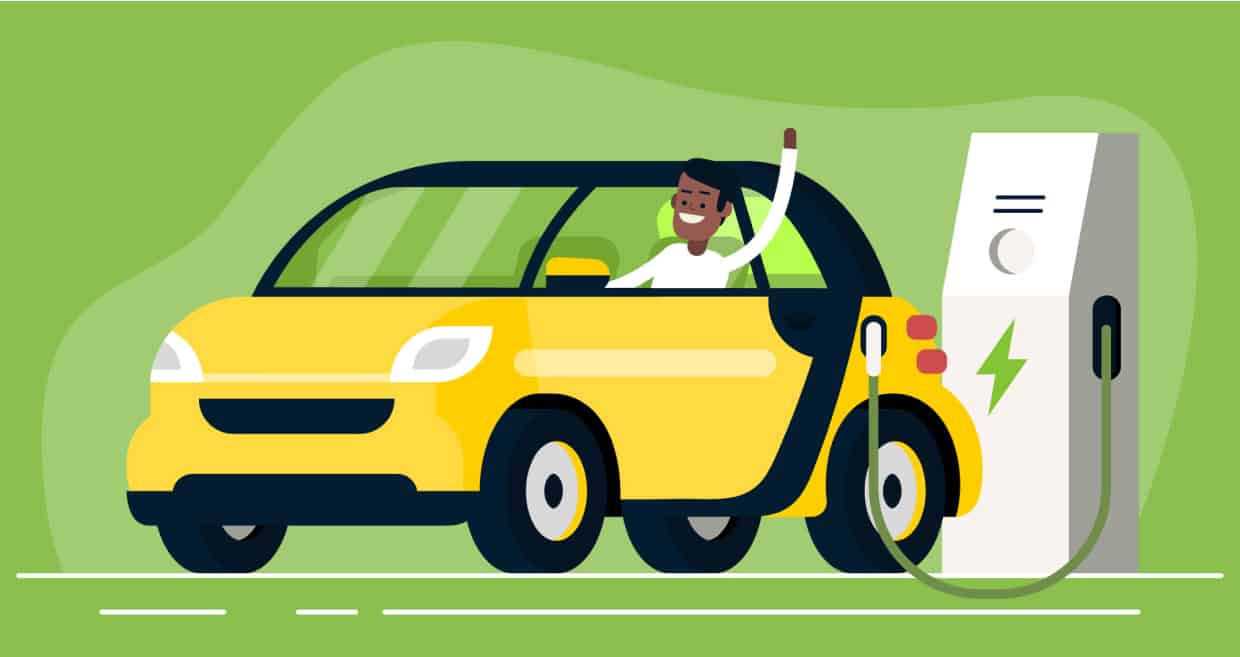Challenges and Solutions for Electric Vehicle Range Anxiety
Explore the challenges of range anxiety in electric vehicles and ways to tackle them.
As electric vehicles (EVs) revolutionise the automotive landscape, a familiar concern looms large for potential
adopters – range anxiety. This apprehension, stemming from the fear of running out of battery power before
reaching a charging station, has been a significant roadblock to widespread EV adoption. However, the road to
overcoming range anxiety is paved with innovation, infrastructure development, and educational initiatives.

Defining the Challenge: Range Anxiety
Range anxiety is more than a mere hesitation; it's a psychological barrier preventing many from fully embracing electric vehicles. The fear of being stranded with a dead battery has hindered the broader acceptance of this clean and sustainable mode of transportation. To address this concern, several challenges and corresponding solutions have emerged.
1. Battery Technology Advancements: Extending the Electric Horizon
A primary challenge contributing to range anxiety is the limited driving range per charge. Despite significant strides in battery technology, EVs have historically faced constraints in terms of distance covered on a single charge. The solution lies in ongoing advancements in battery technology. With increased energy density and faster charging capabilities, the driving range of electric vehicles is expanding. Cutting-edge batteries can offer more miles per charge and reduce charging times, making EVs more practical for daily use and longer journeys.
2. Charging Infrastructure Expansion: Plugging in Progress
Insufficient charging infrastructure exacerbates range anxiety, especially on long journeys. Recognising this, stakeholders are investing heavily in expanding charging networks. Governments, businesses, and private entities are deploying fast-charging stations strategically along highways, in urban areas, and at popular destinations. This infrastructure expansion aims to make charging more convenient and accessible, alleviating concerns about finding a charging station when needed.
3. Education and Awareness: Dispel the Myths
Misconceptions and a lack of awareness about EV capabilities contribute significantly to range anxiety. To counter this, educational campaigns are essential. Providing transparent and accurate information about real-world driving ranges, charging times, and the growing accessibility of charging stations is crucial. When potential EV owners are armed with reliable information, they can make informed decisions, reducing unwarranted fears and increasing confidence in electric vehicles.
4. Smart Range Management Systems: Precision Planning
Inefficient energy use and uncertain range predictions add to range anxiety. To combat this, smart range management systems are being integrated into electric vehicles. These systems consider various factors, including driving conditions, weather, and individual driving habits, to provide more accurate and reliable range estimates. By offering real-time data and optimising energy usage, these systems empower drivers to plan and execute trips without the constant worry of running out of battery power.
5. Public-Private Collaboration: A Unified Approach
The battle against range anxiety is a collective effort that requires collaboration between the public and private sectors. Governments must continue to incentivise the expansion of charging infrastructure, while automakers and technology companies invest in research and development to enhance battery technology and range prediction systems. This unified approach ensures that challenges are met with innovative solutions, fostering an environment where electric vehicles can thrive.
Key Takeaways:
- While range anxiety remains a genuine concern for potential electric vehicle owners, it is not an insurmountable obstacle.
- The industry is actively addressing this challenge through technological innovations, infrastructure development, educational initiatives, and so on.
